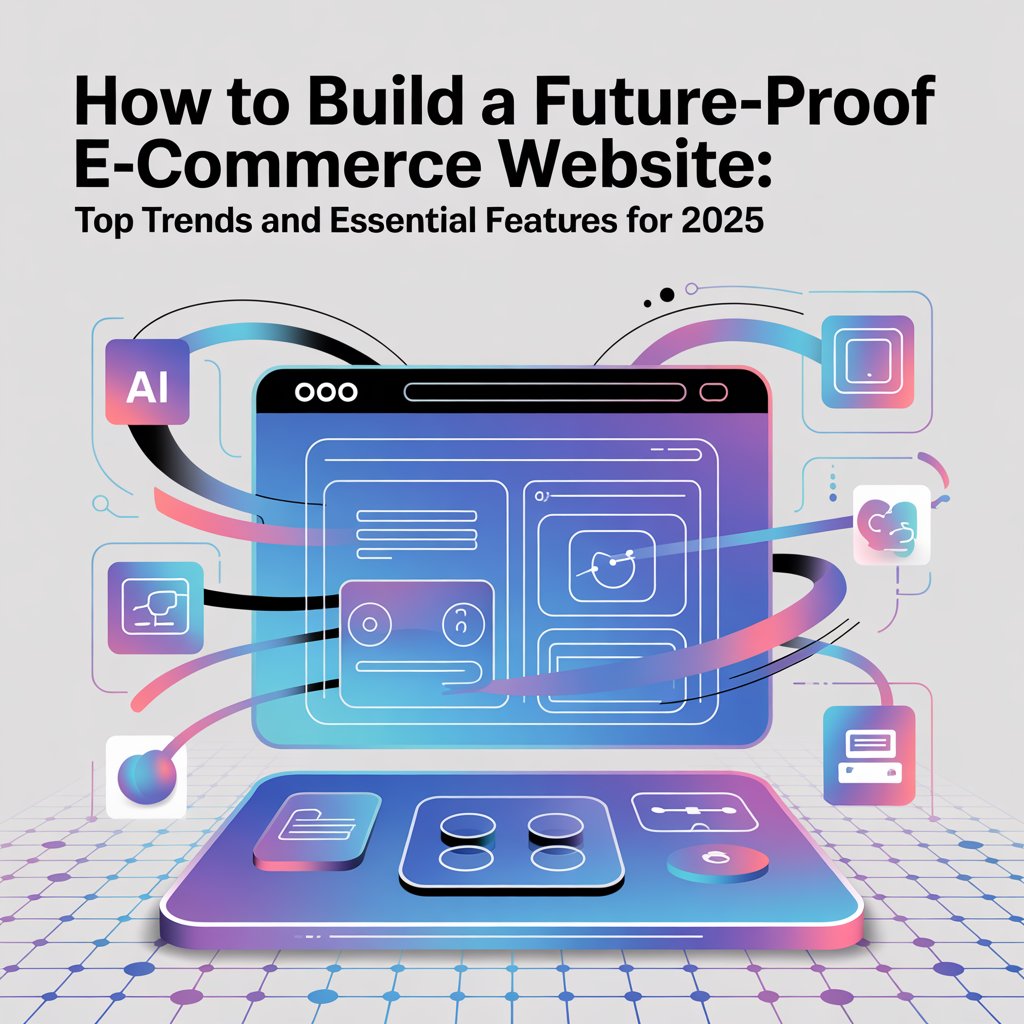
The digital commerce landscape continues evolving at breakneck speed, making future-proof e-commerce website development 2025 a critical priority for businesses seeking long-term success. With consumer expectations reaching new heights and
technology advancing rapidly, creating an adaptable online store requires strategic planning and implementation of cutting-edge features.
Today’s consumers demand seamless, personalized shopping experiences across all touchpoints. They expect lightning-fast load times, intuitive navigation, and secure transactions. Building a resilient online presence means anticipating these evolving needs while incorporating technologies that will remain relevant for years to come.
The key lies in balancing current market demands with emerging technologies that promise to reshape digital commerce. Smart retailers are investing in scalable architectures, advanced analytics, and customer-centric features that adapt to changing behaviors.
With mobile commerce accounting for over 70% of online transactions, responsive design is no longer optional. Progressive Web Applications (PWAs) offer app-like experiences while maintaining web accessibility, providing faster loading speeds and offline functionality that modern consumers expect.
Page speed directly impacts conversion rates and search rankings. Core Web Vitals optimization, image compression, and content delivery networks (CDNs) are fundamental requirements. Sites loading in under two seconds see significantly higher engagement and lower bounce rates.
Cybersecurity remains paramount as data breaches continue making headlines. SSL certificates, PCI DSS compliance, two-factor authentication, and regular security audits
protect both businesses and customers. Implementing these measures builds trust and ensures regulatory compliance.
Artificial intelligence transforms how customers interact with online stores. Machine learning algorithms analyze browsing patterns, purchase history, and demographic data to deliver personalized product recommendations, dynamic pricing, and customized content that increases conversion rates by up to 30%.
Voice search optimization and smart speaker compatibility are becoming essential as voice commerce grows exponentially. Optimizing product descriptions and implementing schema markup helps capture voice-based queries and positions brands for this emerging channel.
AR technology bridges the gap between physical and digital retail experiences. Customers can visualize furniture in their homes, try on clothing virtually, or test makeup shades before purchasing. This immersive technology reduces return rates and increases customer satisfaction.
Decoupling the frontend presentation layer from backend functionality provides ultimate flexibility. This approach allows businesses to deliver content across multiple channels while maintaining consistent data management and enabling rapid feature deployment without disrupting core operations.
Comprehensive analytics platforms provide actionable insights into customer behavior, inventory management, and market trends. Real-time dashboards, predictive analytics, and automated reporting systems enable data-driven decision-making that drives growth and operational efficiency.
Modern consumers interact with brands across multiple platforms. Seamless integration between online stores, social media platforms, marketplaces, and physical locations creates cohesive customer journeys that increase loyalty and lifetime value.
Successful future-proof e-commerce website development 2025 requires careful consideration of scalability, flexibility, and user experience. Cloud-based solutions provide the infrastructure needed to handle traffic spikes during peak seasons while maintaining consistent performance.
Regular platform updates, security patches, and feature enhancements ensure continued relevance in an ever-changing digital landscape. Partnering with experienced developers who understand emerging technologies and industry best practices is crucial for long-term success.
Decentralized payment systems are gaining mainstream acceptance. Integrating cryptocurrency payment options and blockchain-based loyalty programs can attract tech-savvy consumers while providing enhanced transaction security and transparency.
Smart devices create new opportunities for automated purchasing and inventory management. IoT sensors can trigger automatic reorders, while smart home integration enables voice-activated shopping experiences.
Environmental consciousness influences purchasing decisions more than ever. Carbon footprint tracking, sustainable packaging options, and eco-friendly product filters appeal to environmentally aware consumers while supporting corporate social responsibility initiatives.
Creating a resilient online store requires strategic vision, technical expertise, and unwavering focus on customer experience. By implementing these trends and features, businesses position themselves for sustained growth in an increasingly competitive digital marketplace.
The investment in future-proof e-commerce website development 2025 pays dividends through improved customer satisfaction, higher conversion rates, and enhanced brand loyalty. Success depends on choosing the right technologies, maintaining security standards, and continuously adapting to evolving consumer expectations.
Smart retailers who embrace these innovations while maintaining strong foundational elements will thrive in the dynamic world of digital commerce. The future belongs to those who prepare today for tomorrow’s challenges and opportunities

Communicate with our experts to bring out better solutions to your problem.
 +91 6282249224
+91 6282249224This will close in 0 seconds